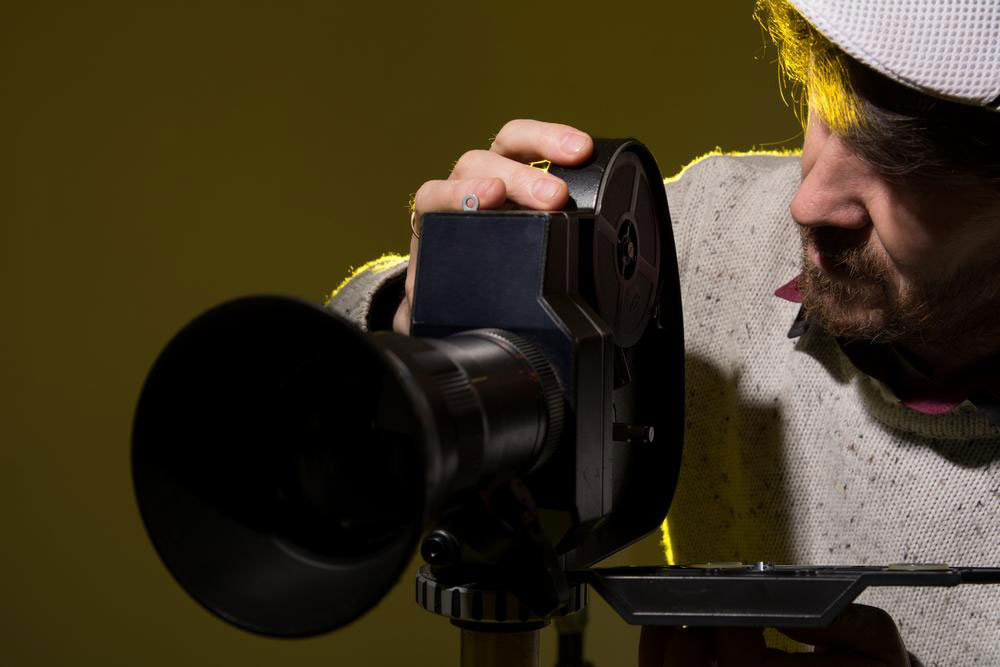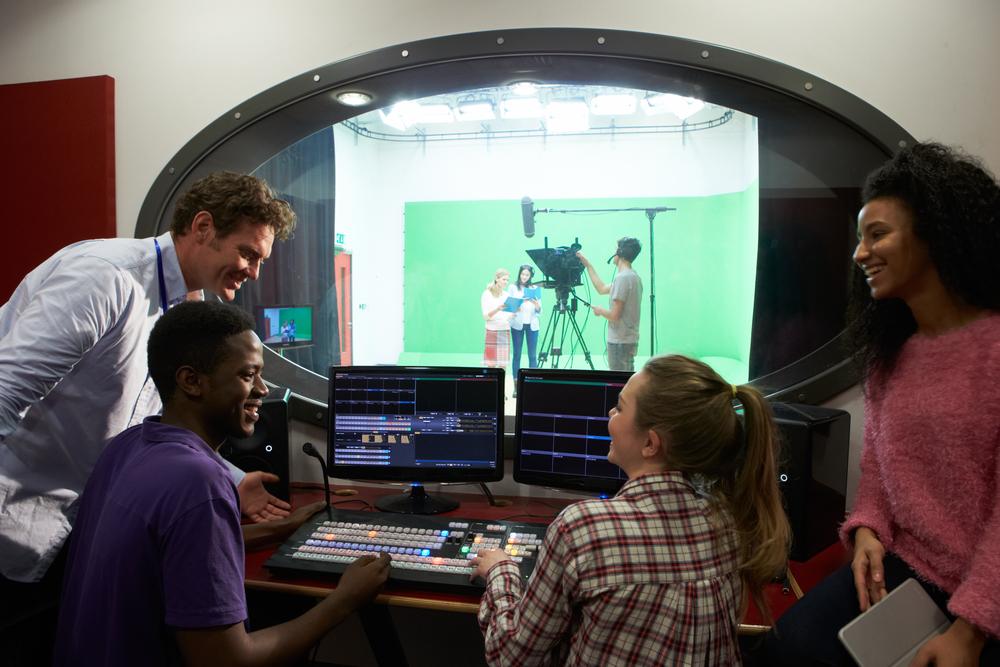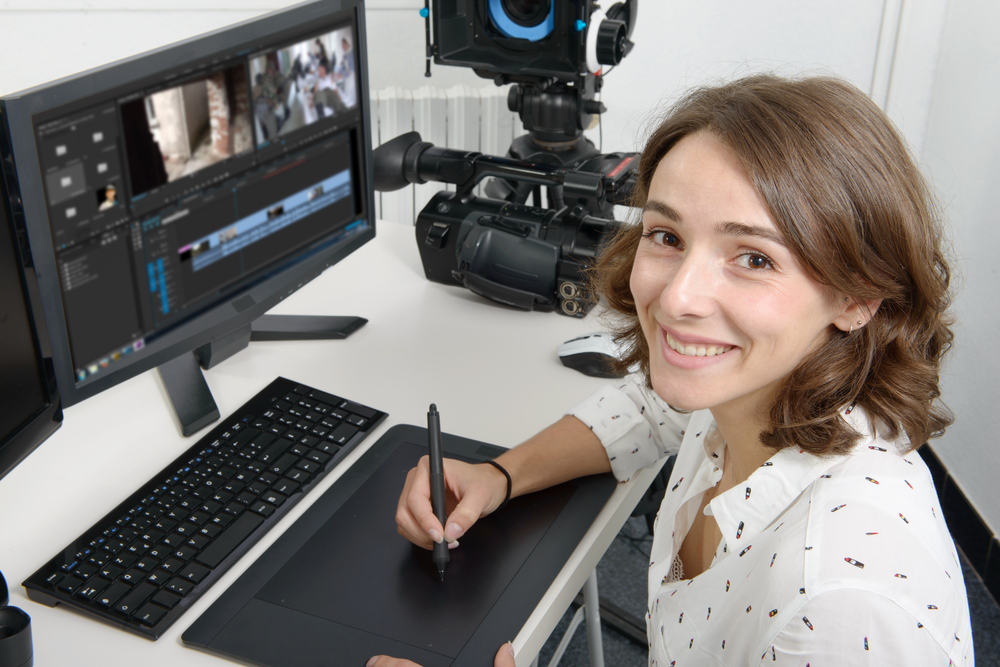Comprehensive Guide to Education and Career Paths in Film Editing
This comprehensive guide explores educational pathways in film editing, covering associate, bachelor's, and master's degree programs. It details the skills gained, industry opportunities, and job outlook for aspiring editors. Whether you're starting or progressing in your career, understanding these educational options can help you achieve your goals in the dynamic world of film and television production.

Educational Pathways and Career Opportunities in Film Editing
Film editing stands as a crucial component in the filmmaking process, responsible for piecing together raw footage and images to craft a seamless, compelling story. This intricate craft ensures that the final product – whether a feature film, television show, or commercial – not only captivates the audience but also delivers a coherent narrative flow. Aspiring film editors often pursue specialized education programs that blend theoretical knowledge with hands-on experience, preparing them for diverse roles within the dynamic entertainment industry. These programs are designed to provide students with a deep understanding of editing techniques, storytelling fundamentals, and technical skills necessary for success in film and television production.
Educational pathways in film editing are varied, offering multiple degrees and training options tailored to different career goals and levels of expertise. Whether starting with an associate degree or advancing to master's studies, students can acquire essential skills that open doors to numerous professional opportunities. Let’s explore the most common academic routes available at esteemed film schools and universities, which serve as a foundation for a thriving career in film editing.
Associate Degree in Film Production
For those seeking a quick yet comprehensive entry into the industry, an associate degree in film production provides a solid foundation. Typically a two-year program designed for high school graduates or individuals with equivalent credentials, this degree emphasizes core competencies in digital editing, film history, computer graphics, sound engineering, and post-production techniques. Students are trained to operate industry-standard editing software such as Adobe Premiere, Avid Media Composer, and DaVinci Resolve, developing both technical proficiency and artistic sensibility. These skills are vital for entry-level positions and can serve as a stepping stone toward higher education. Additionally, credits earned in this program are often transferable to bachelor's degree programs, allowing students to further deepen their knowledge and broaden their career prospects.
Bachelor’s Degree in Film and Television Production
The bachelor’s level is a popular choice for students aiming for a comprehensive education in film and television arts. Offered by many reputable film schools and universities, this undergraduate program spans multiple disciplines such as cinematic arts, visual storytelling, communications, and specific courses in editing. During their studies, students gain the technical skills necessary to operate editing software expertly while learning essential storytelling techniques, including narrative structure, pacing, and scene transitions. They often participate in hands-on projects like short films, documentaries, and TV episodes, which help hone their editing talents in real-world scenarios.
Curriculum components typically include screenwriting, advanced editing concepts, post-production workflows, digital cinematography, sound design, and visual effects. The program emphasizes both the technical and artistic aspects of film editing, fostering creativity alongside technical competence. Graduates emerge with a well-rounded skill set suitable for entry into a competitive industry, and they are prepared for roles such as assistant editor, post-production coordinator, or junior editor, with the ability to take on more complex editing projects as experience grows.
Master’s Degree in Television and Film Production with a Focus on Editing
For those looking to specialize further, a master’s degree offers advanced training in film editing and post-production. Typically requiring a bachelor's degree in film, media studies, or related fields, these graduate programs delve into sophisticated editing techniques, aesthetic considerations, and industry practices. Students engage in internships, thesis projects, and coursework that explore film aesthetics, lighting, cinematography, color grading, and sound mixing, ensuring a comprehensive understanding of modern post-production workflows.
Graduate students are encouraged to develop their unique editing styles and build robust professional portfolios. The program often emphasizes interdisciplinary collaboration, critical analysis of films, and innovation in editing technology. Graduates are equipped for high-level roles such as lead editor, post-production supervisor, or creative director in television, film, advertising, and digital media sectors. According to the U.S. Bureau of Labor Statistics, the demand for skilled film editors is projected to grow by approximately 20% over the next seven years, with median annual salaries around $80,000, making this a promising and lucrative career choice.
In summary, pursuing education in film editing offers multiple pathways to a fulfilling career. Whether starting with a two-year associate degree or aiming for a specialist graduate qualification, students develop the essential skills needed to excel in an industry prized for its creativity and technical innovation. The combination of classroom learning, practical experience, and industry internships ensures that graduates are well-prepared to take on challenging and rewarding roles in film and television editing, shaping the stories that entertain and inform audiences worldwide.




